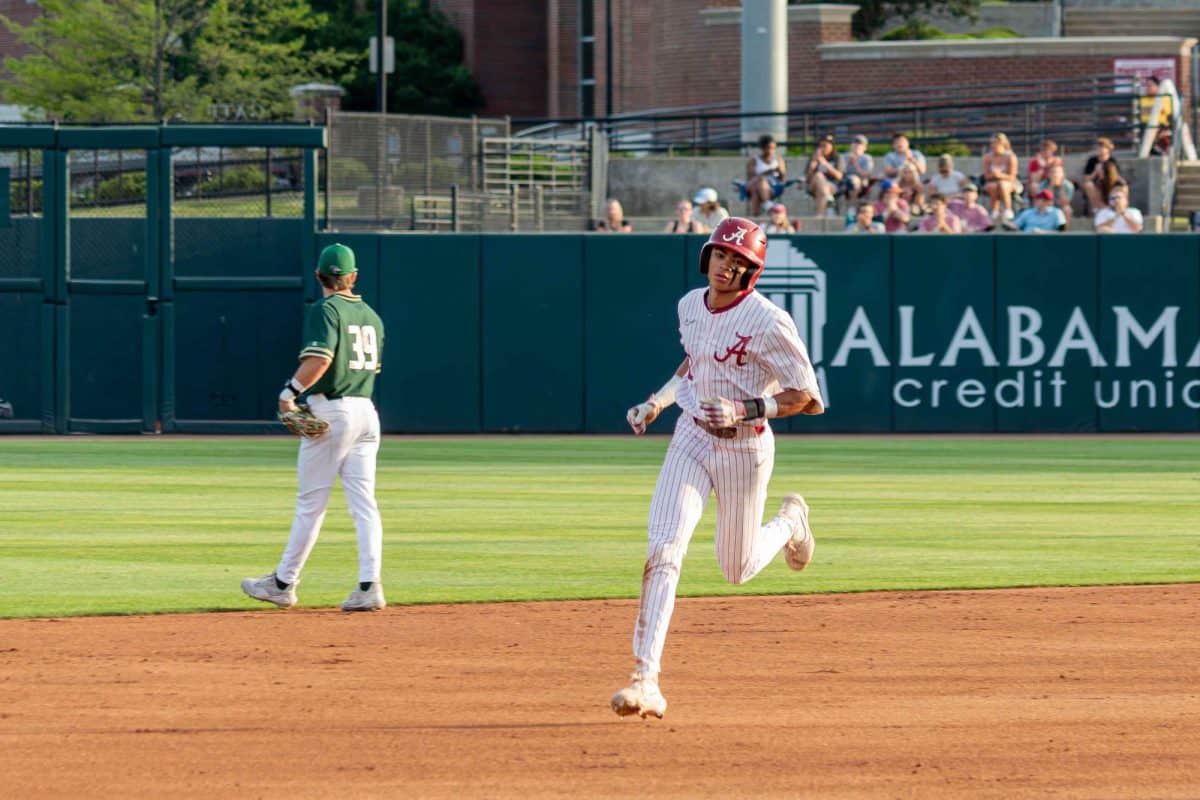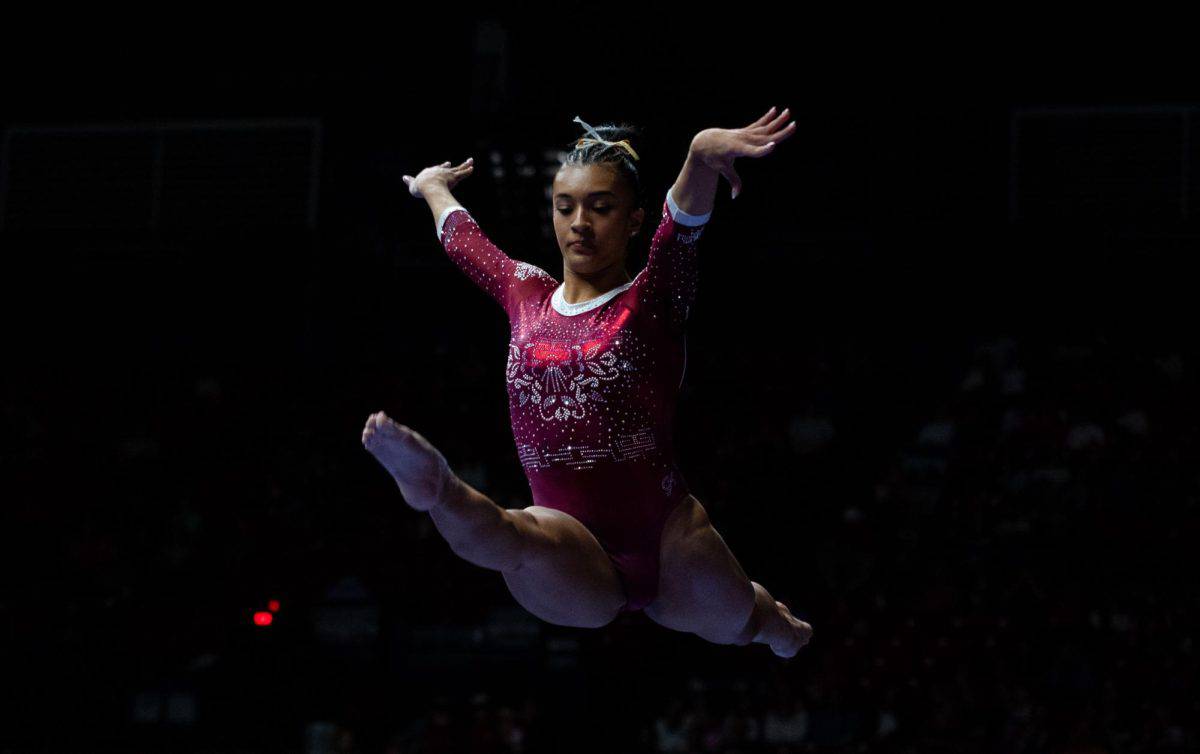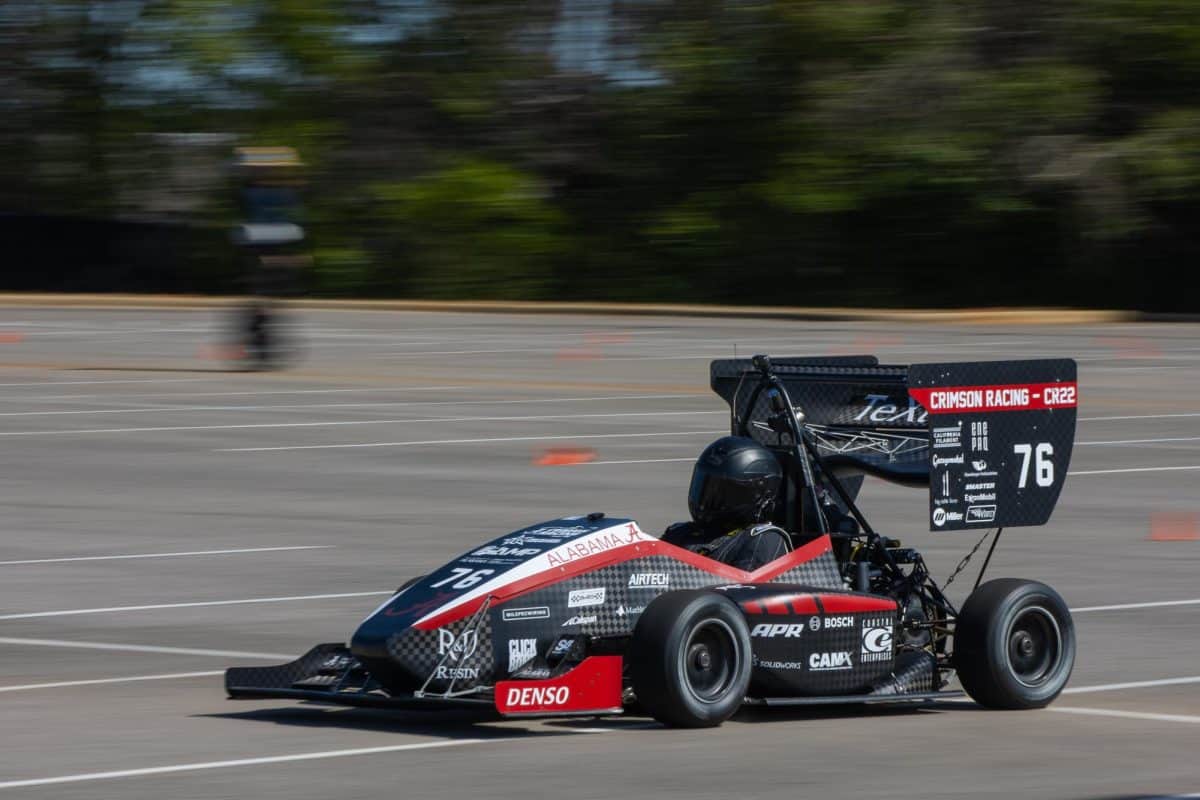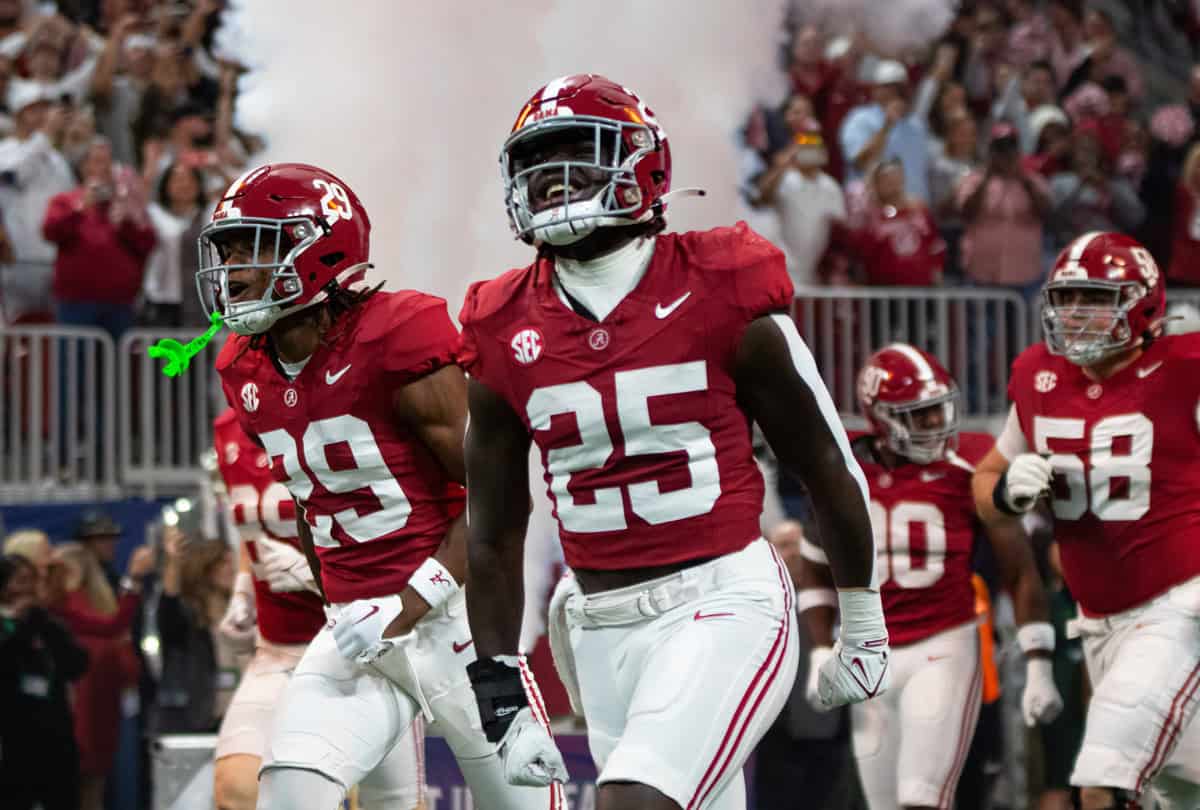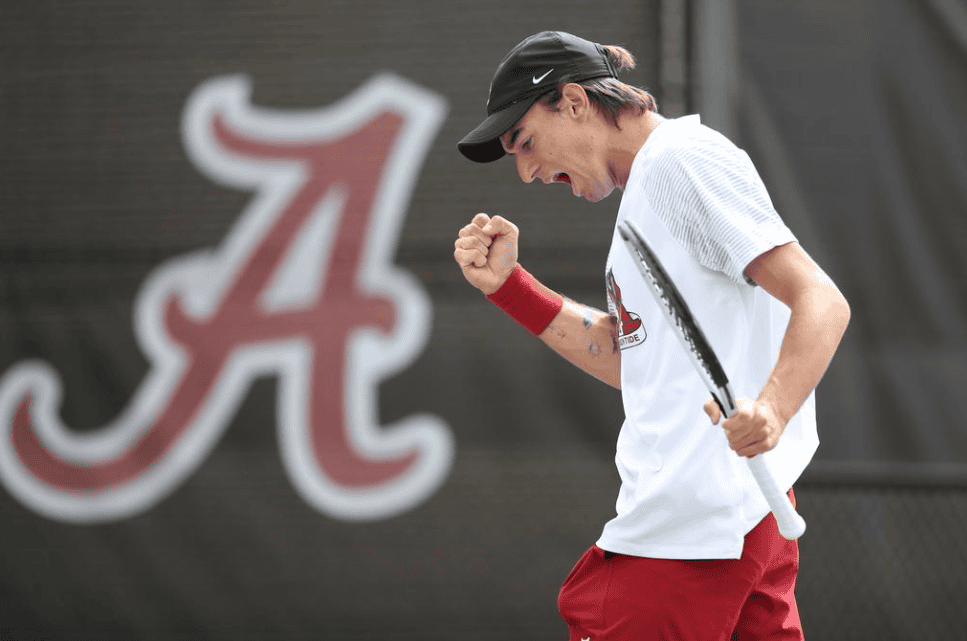David Patterson and his family have had a few battles with cancer. His mother, Shirley Cook, was diagnosed with breast cancer in 1991, and he was diagnosed with kidney cancer in 1996 at the age of 37. Both are survivors and spend their time helping others and providing counsel to cancer patients and survivors when needed. During our time, we spoke about his mother’s fight, how he helps other survivors and how a painful accident saved his life.
The Crimson White: How much more invested were you and Sarah in this considering your mother is a breast cancer survivor?
David Patterson: It definitely hit home for us. For a while, my mother was a single mom, working and going to school. I was the oldest of four boys, so I had to step in and help her out with my brothers when she was busy. I always had a special relationship with her, and this has brought us even closer.
CW: Times were a lot different when your mom was diagnosed from an awareness and research standpoint. What are some of the biggest differences you see between now and during that time?
DP: I think one of the biggest differences I see is that everybody is willing to talk about it. We know several people that lost their fights to breast cancer because they felt a lump, but were afraid to say anything. They waited too long before they said anything. Now, there’s so much open dialogue. Everybody talks about how you need to do your self-exams and go to the doctor and get checked. The openness about it, as well as the medical advances, makes it a lot better for everyone and people are less fearful.
CW: When Sarah wasn’t able to pass her mammograms, what were some of the thoughts that ran through your mind?
DP: I never felt like it would be life-threatening for her, and maybe that’s not rational, but she had done what she needed to and gotten checked. I had seen my mom and some other people fight through breast cancer. Then there was my own experience with cancer, which was a difficult six months, but we got through that. There was a lot of fear for the unknown, but I never got to the point where I feared for her life.
CW: Now, your situation was a little different. You found out after an accident in which you broke your rib and had a random test. Take me through that.
DP: It was an ultra sound. In August of 1996, we were moving into this facility. I was moving some equipment and fell off a loading dock and broke my rib. Our team doctor, Jimmy Robinson, saw how physical our practices were with spotting the girls. So he said, “Before you start spotting again, let me give you an ultrasound.” Back then, if they did an ultrasound on one kidney, they had to do it on the other. It was my left rib that was broken and they found the cancer in my right kidney.
CW: Fast forward a little, you guys start the “pink” meets. You’re cancer-free, and your mom is cancer-free. In 2010, you get to walk her out as a survivor for the first time at a “pink” meet. I don’t know if you can put it into words, but describe the emotions you felt, knowing the battles you both went through to get to that point.
DP: It is tough to put into words. That is one of my most emotional nights of the year when we get to stand up there together, realizing we are both survivors. I feel like God has more plans for me because I know plenty of great people that are not here anymore after losing their battles with cancer. For me personally, it’s a challenge to live my life well, stay in close touch with family and friends, and enjoy everyone’s company because it can be taken away tomorrow.
CW: What are some of the things you and the group of women share together, knowing you all fought a battle with cancer?
DP: There is that bond you immediately feel. I’ve been very open about my experience, so I’ll have people call me and say “Hey I have a friend that was diagnosed and doesn’t know what to do. Will you talk to them?” I’ve been more than willing to do that because no matter what cancer it is, we all have the same fears. We all think, “How long am I going to live?” or “Am I going to be able to see my kids finish school or get married?” So it’s easy for me to understand what a lot of them have been going through.

